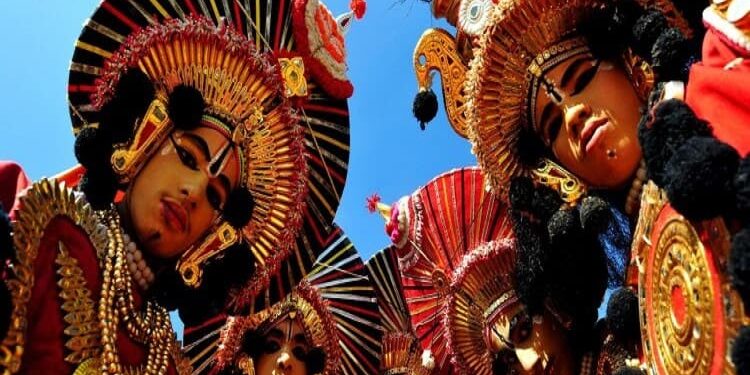The Indian National Trust for Art and Cultural Heritage (INTACH) was founded in 1984 in New Delhi with the vision to spearhead heritage awareness and conservation in India. Today INTACH is recognized as one of the world’s largest heritage organizations, with over 190 chapters across the country.
More About INTACH
- It is a non-profit charitable organisation registered under the Societies Registration Act, 1860. In 2007, the United Nations awarded INTACH a special consultative status with the United Nations Economic and Social Council.
- In the past 31 years INTACH has pioneered the conservation and preservation of not just the natural and built heritage but intangible heritage as well.
- Headquartered in New Delhi, it operates through various divisions such as architectural heritage, natural heritage, material heritage, intangible cultural heritage and heritage education and communication services (HECS).
- The affairs of the Indian National Trust for Art and Cultural Heritage are carried out by the Governing council (GC) and the Executive committee (EC). The Governing Council will not have less than 11 members and not more than 42 members. The tenure of each elected member including the Chairman is 3 years from the date of election. The outgoing members shall be eligible for re-election.
Objectives of INTACH
- Sensitize the public about the pluralistic cultural legacy of India
- Instill a sense of social responsibility towards preserving India’s common heritage
- Protect and preserve India’s living, built, and natural heritage by undertaking necessary actions and measures
- Document unprotected buildings of archaeological, architectural, historic and aesthetic significance, as well as the cultural resources, as this is the first step towards formulating conservation plans
- Develop heritage policies and regulations, and make legal interventions to protect India’s heritage when necessary
- Provide expertise in the field of conservation, restoration and preservation of specific works of art; and encourage capacity-building by developing skills through training programmes
- Undertake emergency response measures during natural or man-made disasters and support the local administration whenever heritage is threatened
- Foster collaborations, Memoranda of Understanding (MoU) and partnerships with government and other national and international agencies
- Generate sponsorships for conservation and educational projects
















